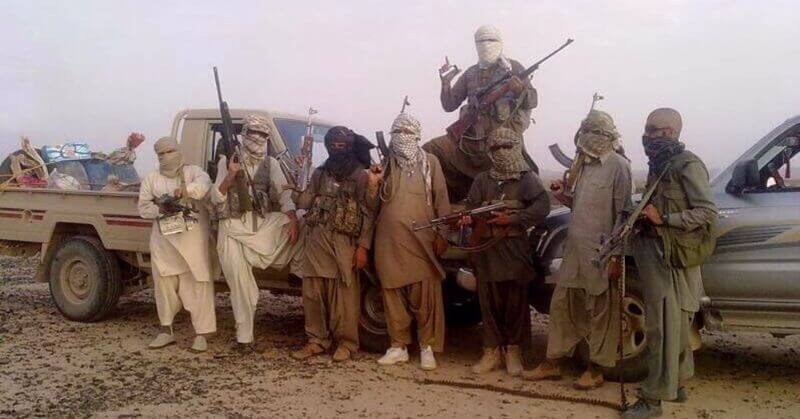Iran’s recent missile strike heightened tensions, targeting Jaish Al-Adl, a Sunni Salafi separatist group in southeastern Iran. This article explores the group’s origins, objectives, and challenges faced by Iranian security forces. Understanding these aspects is crucial to comprehend Iran’s decisive military response. Delving into the motives behind the strike reveals insights into the ongoing regional complexities.
Jaish Al-Adl: The Roots And Objectives
Jaish ul-Adl, known as the ‘Army of Justice,’ emerged in 2012 under Salahuddin Farooqui’s leadership, driven by a desire for the independence of the Sistan and Baluchistan provinces. Operating in southeastern Iran, it seeks to address the historical grievances and socio-economic disparities the marginalized Baluch people face. The group, formed as an offshoot of Jundallah, holds a strong Salafi ideology, advocating for Sunni autonomy in the predominantly Shia region.
Challenges Faced By Iranian Security Forces
The porous Pakistan border provides Jaish ul-Adl with a strategic advantage, facilitating the smuggling of weapons and complicating counterterrorism efforts for Iranian security forces. Negotiating southeastern Iran’s rugged and remote terrain adds another layer of difficulty to their operations. The complex network of sympathizers and local support further hinders efforts to dismantle the group’s infrastructure.
Affiliation With Ansar Al-Furqan
Jaish ul-Adl’s affiliation with Ansar Al-Furqan amplifies their capabilities, presenting a multifaceted challenge to Iranian security forces. The alliance extends the reach of these extremist organizations, necessitating a comprehensive approach to effectively counter their coordinated efforts. Both groups share a common goal of challenging the Iranian government, with Ansar Al-Furqan providing additional resources and support.
Jaish Al-Adl Campaign Of Violence
Responsible for numerous attacks, including bombings, ambushes, and targeted killings, Jaish ul-Adl recently targeted a police station in Sistan-Balochistan, resulting in the deaths of 11 Iranian police officers. This attack further heightens tensions and underscores the group’s impact on regional security. The group employs guerrilla tactics, often blending into local communities, making it challenging for Iranian authorities to preemptively thwart their attacks.
Iran’s Decisive Response
Responding to escalating threats, Iran targeted two Jaish ul-Adl bases in Pakistan with missiles. This strategic move, following the Revolutionary Guards’ attacks in Iraq and Syria, emphasizes Iran’s proactive stance against transnational terrorism. The international community closely watches these developments, stressing the need for coordinated efforts to maintain regional stability. Iran’s decision to target specific bases demonstrates a commitment to dismantling Jaish ul-Adl’s operational capabilities and disrupting its cross-border activities.
Jaish ul-Adl’s persistent threat to Iran’s security, fueled by historical grievances and regional complexities, necessitates a robust response. Iran’s recent strike reflects its commitment to dismantling the infrastructure of extremist groups. As tensions escalate, understanding the motivations and challenges Jaish ul-Adl poses becomes imperative for formulating effective regional security strategies. The international community’s cooperation is crucial in addressing the broader implications of the group’s activities and maintaining stability in the region.
Follow Us: Facebook | Instagram | Twitter |
Youtube | Pinterest | Google News |
Entertales is on YouTube; click here to subscribe for the latest videos and updates.


